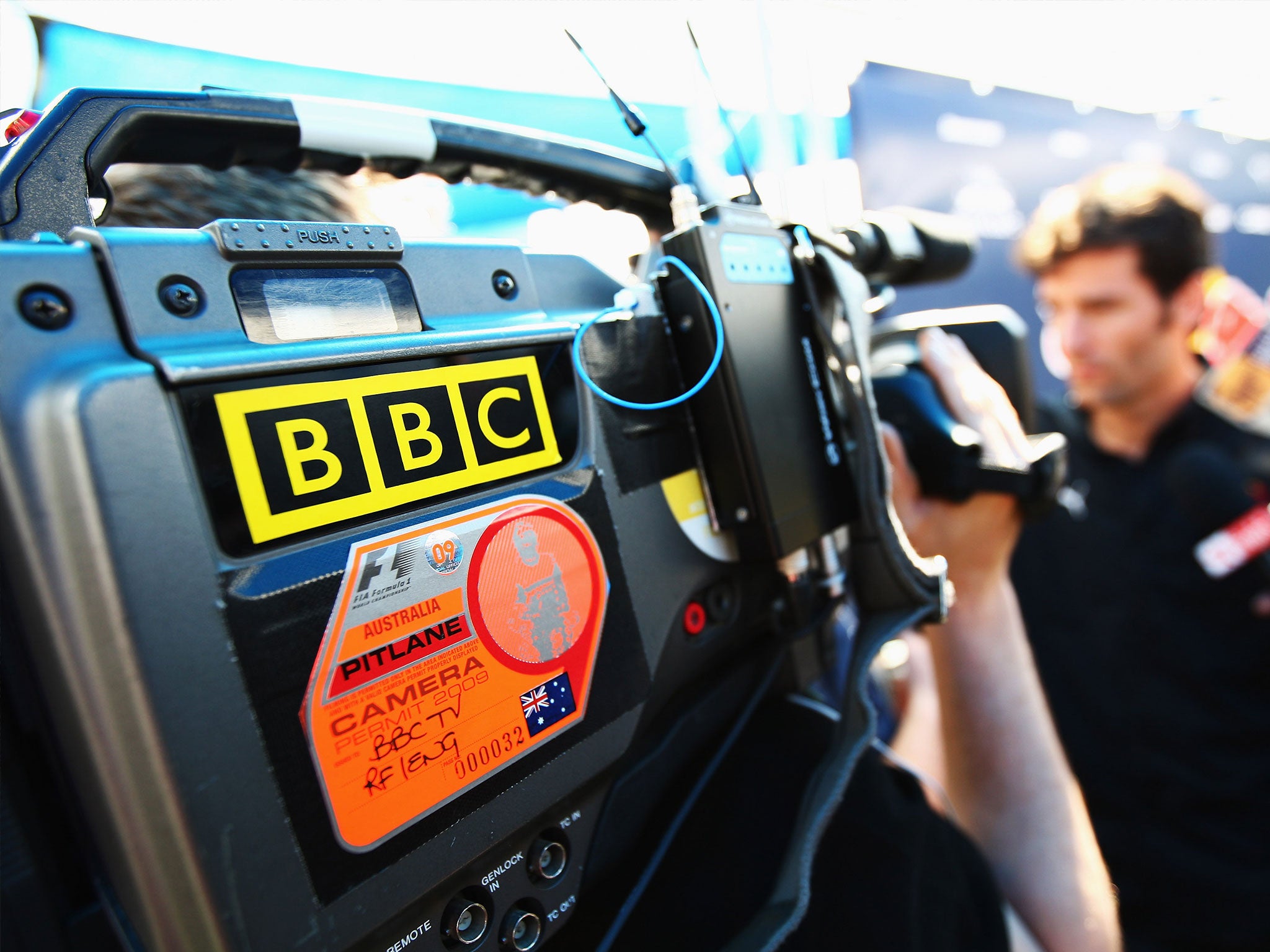Never mind pay equality at the BBC – the future looks bleak for young men
Why do we need men at all if they can’t reproduce, they do worse academically and they struggle to deal with stress?


Your support helps us to tell the story
From reproductive rights to climate change to Big Tech, The Independent is on the ground when the story is developing. Whether it's investigating the financials of Elon Musk's pro-Trump PAC or producing our latest documentary, 'The A Word', which shines a light on the American women fighting for reproductive rights, we know how important it is to parse out the facts from the messaging.
At such a critical moment in US history, we need reporters on the ground. Your donation allows us to keep sending journalists to speak to both sides of the story.
The Independent is trusted by Americans across the entire political spectrum. And unlike many other quality news outlets, we choose not to lock Americans out of our reporting and analysis with paywalls. We believe quality journalism should be available to everyone, paid for by those who can afford it.
Your support makes all the difference.I wake up every day and thank God I am not a bloke because, if recent news is anything to go by, men are in crisis.
Let’s move away from high-profile BBC women complaining about a “gender pay gap”, turn to the real world outside the media and focus on serious health issues affecting millions of men. A new study reveals that blokes who consume too much sugar are at risk of becoming depressed and could develop mental health problems. As it is, the suicide rate amongst young men is far higher than for women, and the number of boys being treated for eating disorders is rising faster than for girls.
Even men’s ability to reproduce is under threat – scientists have recently discovered that sperm counts in the Western world have fallen by more than half over the past 40 years. Experts can’t pinpoint one reason why men in developed countries are less fertile than ever, citing everything from obesity to smoking and stress. There’s the impact of all that oestrogen in the water supply, some provided by women on HRT, not to mention a whole cocktail of chemicals that we ingest daily without realising it. Some scientists blame chemicals found in pesticides, plastic goods and cosmetics because they contain chemicals that mimic female oestrogen, and have a negative impact on male hormones.
To regain their fertility, men are advised to wash their hands before eating, dust and vacuum their living spaces, avoid perfumed goods, avoid using plastic to wrap food and shun plastic containers. Finally, they should not wear tight pants or jeans.
The chances of the average bloke dutifully complying with that list are pitiful, and yet one in seven couples is now classed as infertile.
Men under 40 have other issues, apart from the practical problems resulting from a lack of housing and loss of privacy. As the documentary about Princess Diana demonstrated so clearly last week, men (even posh ones) are finally realising it’s okay to express your emotions (long after women have done so), that it’s not a sign of weakness and that learning to grieve takes a lot of work and support.
Earl Charles Spencer is another man who seems to have trouble moving on and looking forward, not back, telling us that he is still having nightmares about his sister’s funeral twenty years after the event.
Stepping away from people who live in palaces and have staff, out in the real world ordinary men under thirty have also suffered the blow of being sidelined at work. Official figures show that more men than ever are forced to take jobs which were previously favoured by women in retail, serving in bars and restaurants, working in admin and sales – all of jobs at the bottom end of the pay scale with little or no job security. Women still outnumber them, but as young men move down the pay scale, women the same age are moving up – more are going to university and graduating to professional jobs in finance and teaching. Women in their twenties earn on, average, more than men. In a nutshell, the old idea of a male “breadwinner” is fast becoming history.
So why do we need men at all if they can’t reproduce, they do worse academically and they struggle to deal with stress? As for their appearance – around 65 per cent of young men aged between 16 and 24 check themselves in the mirror more than once a day, but have much less confidence expressed by men over 65.
For all the (justified) concern about continuing male dominance in politics and in the boardroom, the fate of our young men ought to be a cause for concern. Turn on the television and the ones who are hugely successful, good at expressing themselves, funny and confident – appearing on the shows young people watch – are men like 28-year-old Rylan Clark-Neal, a one-time shop assistant turned model and singer, who didn’t win The X Factor in 2012 but was so entertaining that he has triumphed with his brand of cutting putdowns and self-deprecating humour ever since. Rylan left school at 16 and is no academic, but has worked non-stop ever since. In 2015 he married a former policeman and is said to be thinking of adopting a child.
Viewers love Rylan – he is welcoming, silly and non-threatening. He’s got about five times more confidence and emotional intelligence than other wet thirty-somethings like Prince William. How can we get young men to be a little bit more like Rylan and realise you only live once, so make the most of it?
Join our commenting forum
Join thought-provoking conversations, follow other Independent readers and see their replies
Comments